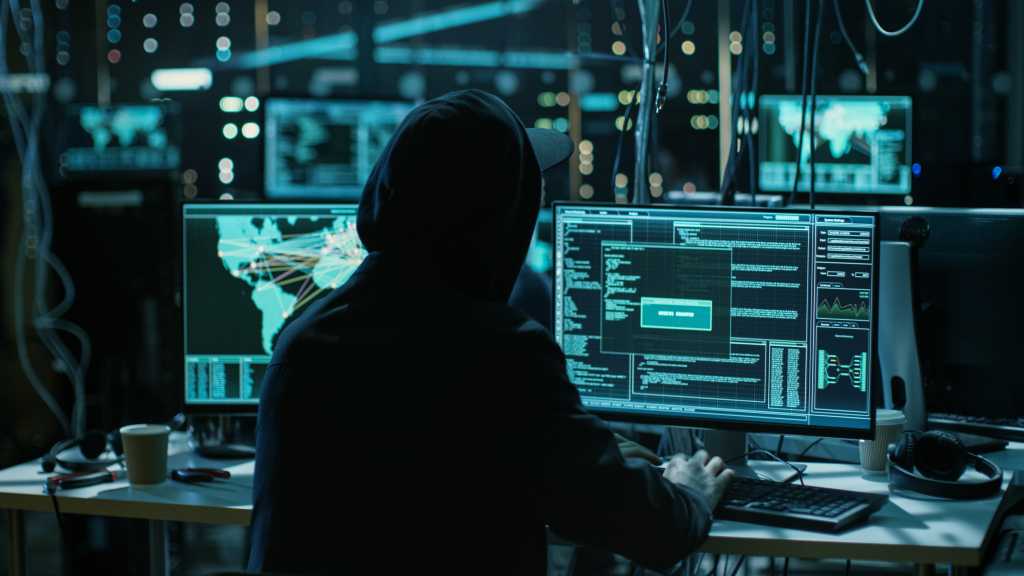
“Microsoft Trusted Signing certificates are issued with a 72-hour validity period. After that, the certificates expire and need to be renewed. This short period makes the standard process of purchasing and reselling certificates infeasible. However, the Rhysida ransomware gang — or a supplier of theirs — has identified a means to abuse Microsoft’s Trusted Signing system, allowing them to sign files at scale,” Expel noted in its research.
“Signed binaries enjoy automatic trust inside Windows and many security tools, so they often pass through without scrutiny,” explained Amit Jaju, global partner/senior managing director – India at Ankura Consulting. “Real-time detection is tough because security controls traditionally treat signed files as safe. They even abused Microsoft’s Trusted Signing service, which led to over 200 certificates being revoked. By the time defenders catch on and revocations propagate, attackers have already moved to fresh certs. That time gap is their advantage.”
According to Expel’s latest analysis, Rhysida has dramatically increased its use of code-signing certificates. From merely seven certificates during its first Microsoft Teams malvertising campaign from May to September 2024, the second campaign, commencing June 2025, already has over 40 certificates. The dramatic increase in files and certificates indicates a higher operational tempo and resource investment, said the company.


